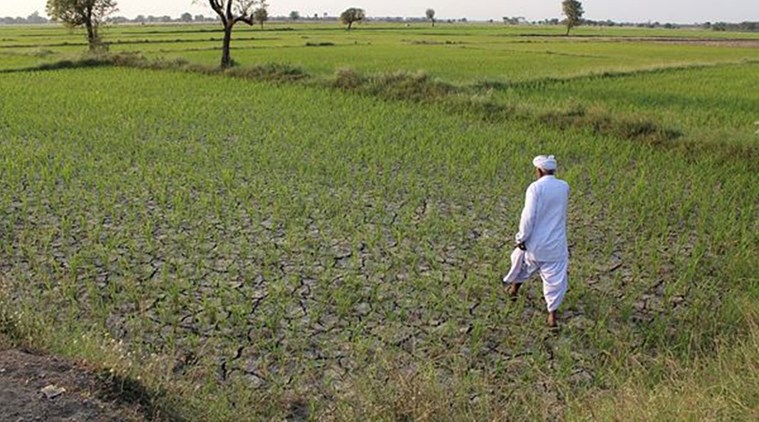 Not only landholdings, other factors such as caste, habitation, school related factors, teachers factor among others will also be a part of study. (Express photo/Javed Raja/File)
Not only landholdings, other factors such as caste, habitation, school related factors, teachers factor among others will also be a part of study. (Express photo/Javed Raja/File)
TO find out if there is any correlation between a farmer’s landholding and the academic performance of his children, the Punjab Education Department has proposed to undertake a crucial research study titled ‘Impact of Landholding on the Learning Outcomes of Students in Punjab’. Also, the landless families will be included in the study.
The study’s proposal comes in the backdrop of poor Class X results of Punjab School Education Board (PSEB) recently in which overall pass percentage was just 59.47 per cent. The pass percentage for government school students stood at 58.14 per cent only.
The study’s brief (copy with The Indian Express) says since most children in government schools belong to cross section of society, which directly or indirectly are related to agricultural sector in Punjab, the objective of the study is to disintegrate the effect of landholdings in Punjab on learning outcomes of students.
The unsatisfactory learning outcome levels of students have necessitated the study, said the note. The Education Department has invited proposals from research institutes, colleges and universities to carry out the study in Punjab for the government under Rashtriya Madhyamik Shiksha Abhiyaan (RMSA).
Speaking to The Indian Express, Prashant Goyal, Director General of School Education (DGSE), Punjab, said that the idea is to find out a pattern or a trend which may help in improving learning outcome levels of students in government schools in the state.
“By landholdings here, we mean size of landholdings which will also indicate income of farmers. Most of the children of farmers go to government schools in villages. We want to see if there is any connection between size of landholdings and child’s academic performance. It is a very new area of study with a hope that something will come out,” he said.
Not only landholdings, other factors such as caste, habitation, school related factors, teachers factor among others will also be a part of study.
“Size of landholding cannot be the sole factor which might be affecting a child’s education so we have also included caste, school, teachers among others,” said the DGSE.
Geographically, the study will cover farmer households covering different regions of Punjab, representing Doaba, Malwa and Majha and also semi-hilly areas and plains.
To cover all sections of farmers, the study will span across agriculturally developed, backward, Bet and border areas of Punjab, says the note. It will include at least 400 households consisting of all categories of workforce engaged in agriculture including landless.
The duration of the project cannot be more than 12 months, the note has clarified.
DGSE added that study will include students at all levels- primary, middle, high and senior secondary. “Though we have not included farmers’ debt as an element in initial note, it might be explored seeing what researchers suggest. We want to find out what is affecting performance of children whose families are in agriculture sector — be it farmers, landlords, labourers etc. May be some farmers who can afford private schools are sending their children there, others with small landholding can’t. This is just an assumption, but the idea is to find ground reality on these lines,” he said.